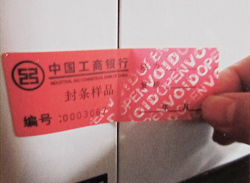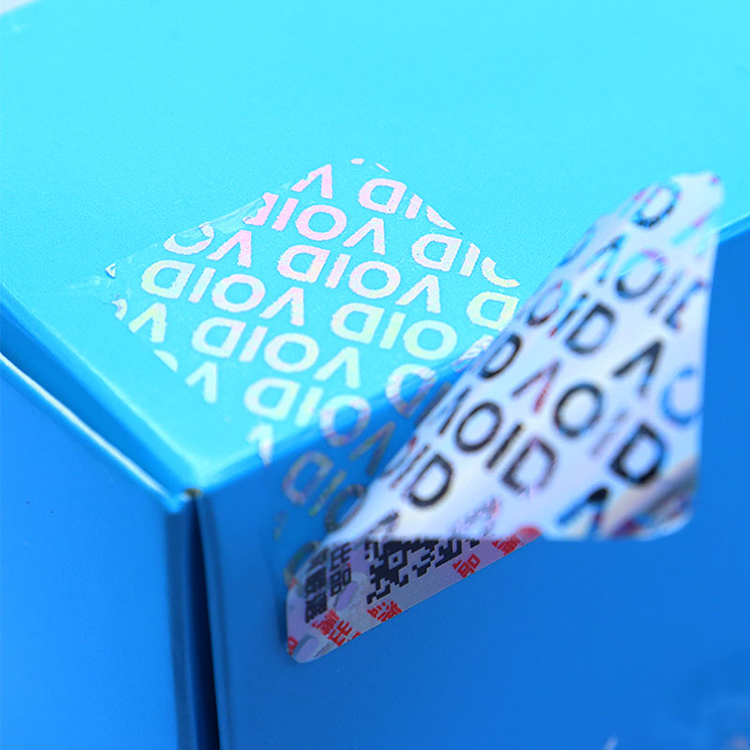Home » Agriculture » Marketing that Matters: Audubon Seal Connects Ranchers and Consumers
The National Audubon Society is working with ranchers across the United States to produce beef and bison in a way that protects birds’ natural habitats. Light Duty Plastic Seal

The most recent North American Grasslands and Birds Report from the Audubon Society finds that 62 percent of grasslands that once covered the continent have been lost since colonization. Birds that live on grasslands rely on the ecosystem for everything from foraging to nesting. But across North America, 62 percent of tallgrass, mixed grass, shortgrass, and Chihuahuan grasslands have been lost, with tall grass most affected, seeing an 89 percent loss since the 1800s. Grassland bird species remain one of the most vulnerable wildlife groups to climate change and habitat disturbance in the U.S., according to the Audubon Society.
Through their Conservation Ranching Initiative, the Audubon Society works with ranchers to sustainably steward grasslands. Ranches that meet the Initiative’s standards for conservation are able to sell meat products with the Audubon Society’s bird-friendly seal. Currently, retailers carrying certified products can be found in over 30 states and include some nationwide online retails.
In the United States, the vast majority–84 percent, according to Audubon–of grasslands are privately owned and managed for agriculture. As grassland stewards, ranchers are instrumental in protecting rangeland ecosystems and species. They are responsible for facilitating the relationship between the land, grazing animals, and birds.
Ranchlands is a company that currently manages two Audubon Certified ranches–the Chico Basin Ranch in Colorado and the Paintrock Canyon Ranch in Wyoming. Maddie Jorden, Director of Marketing at Ranchlands, understands that cattle provide necessary ecosystem services in the absence of native bison.
“Ranchlands looks at cattle as a stand-in for the large herds of bison that historically grazed on North America’s grasslands…essential processes such as pruning the plants through grazing, disturbance of the crust through hoof action, and fertilization of the soil by fecal matter are all necessary to the grassland ecosystem and are something that domesticated cattle can provide,” Jorden tells Food Tank.
The Audubon Conservation Ranching Initiative encourages ranchers to pay attention to birds as an indication of ecosystem health. Jaimie Stoltzfus, co-owner of Cowgirl Meat Company, an Audubon Certified ranch, uses birds to figure out if the ranch’s land management practices are successful.
“Confirmation through bird species counts has been very rewarding; we view diversity as confirmation that our management style has been positive,” Stoltzfus tells Food Tank.
Increasingly, consumers are interested in sustainable meat products. The Food Industry Association’s 2022 Power of Meat study finds that 32 percent of consumers look for meat products that are “better-for-the-animal, planet and worker.”
Farley Green, Marketing Manager at Audubon Conservation Ranching, speaks to the consumer side of conservation ranching. Green tells Food Tank that younger consumers are already demanding more in terms of environmental practices and informative labeling from their food.
“There’s a lot [of greenwashing] in food and beef, especially. You can’t trust everything you read, just because it says it on a package doesn’t mean it’s real–but certification does mean it’s real,” Green tells Food Tank.
The consumer reaction to the seal has been positive, according to Green. “A lot of consumers don’t understand carbon sequestration or greenhouse gas emissions, but they can really understand habitat,” she tells Food Tank.
Through partnerships with ranchers and retailers, the Audubon Certified bird-friendly seal is one of the only programs directly connecting a national conservation organization with the food system.
Thomas Schroeder, Senior Partnerships Manager at Audubon Conservation Ranching, believes that the partnership shows that there is room for conservation and agriculture to coexist together. “There is a lot more shared ground between conservations, ranchers, and the agriculture community than there isn’t,” he tells Food Tank.
Schroeder reports that the seal is also working “to create a more sustainable and robust food system” by giving consumers more pathways for purchasing meat and ranchers more options for selling their products. “It increases opportunity and awareness for both sides of the food chain.”
Articles like the one you just read are made possible through the generosity of Food Tank members. Can we please count on you to be part of our growing movement? Become a member today by clicking here.
Photo courtesy of Thomas Park, Unsplash
Charlotte Larson is a Research, Event, Advocacy, and Writing Intern with Food Tank. She is based in Pittsburgh, PA where she is currently completing a BA in Sustainability: Food Systems at Chatham University. Charlotte is the Lifestyle Editor of the Communiqué, Chatham’s student newspaper, for which she continues to be a contributing writer. When she is not writing, Charlotte can usually be found with her hands in the dirt or conversing over a shared meal. Charlotte’s experience has led her to intimately understand farmers, student food struggles, and sustainability objectives.

Big Tag Smooth Flat Seal © 2013-2023 Food Tank. All rights reserved.
